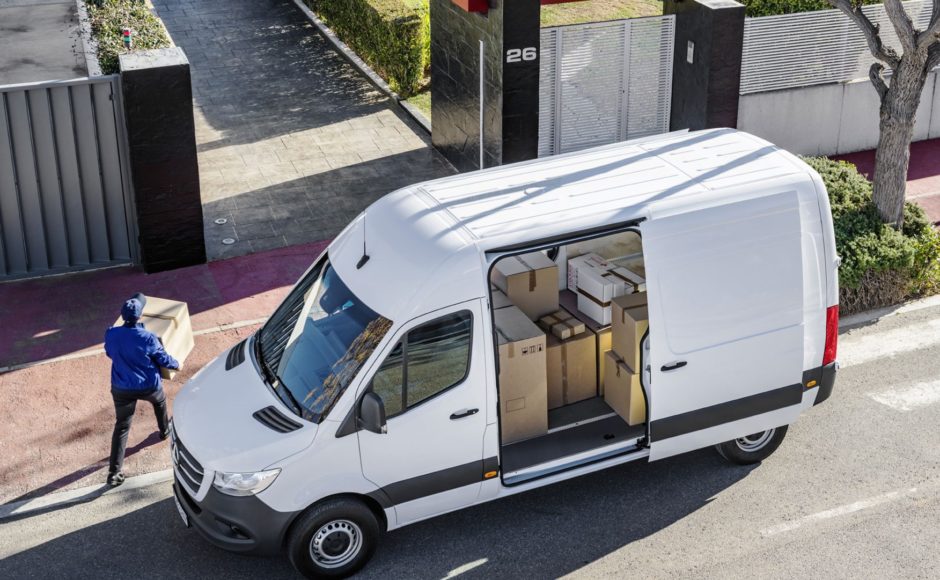The white van is an iconic sight on Britain’s roads. However, government plans to replace them with more eco-friendly alternatives could see them begin to disappear. The government hopes that electric vehicles will be able to take the place of white vans.
Current Issues
There are currently over four million white vans registered in the UK. The number has risen in recent years, partially because of an increase in online shopping. White vans are often used as delivery vehicles. Many of them are fuelled with diesel. A report by the Department for Transport suggests they are major contributors to congestion and pollution, particularly in large cities.
Future of Mobility
In the “Future of Mobility” and “Last Mile” plans, the DFT looks at potential alternatives to white vans. Future of Mobility focuses on the wider opportunities and possible problems that accompany the ongoing development of the transport system in the UK, whilst Last Mile is a consultation specifically on vehicles that deliver goods.
Possible alternatives to white vans include electric vans, microvehicles, quadricycles, and electric cargo bikes. These vehicles are smaller than traditional white vans and will therefore be less likely to block narrow streets. They are also less damaging to the environment and air quality. The Last Mile call for evidence on this topic closes on October 10, 2018. It hopes to explore the potential advantages and disadvantages of these alternatives.
Other future transport plans include extra taxes for cars with higher emissions. New low-emission zones in London will charge £12.50 a day for diesel vehicles, including vans, which travel there. Leeds and Birmingham also plan to charge extra for high-emission vehicles to enter their city. These fees will come into force by 2020. These charges are also likely to affect white van drivers not based in these cities, such as Man and Van Slough at, as they make deliveries into larger cities such as London and Birmingham.
Overall, the government currently has six projects that aim to integrate connected and autonomous vehicles. This has involved the commitment of £12.1 million in funds. By 2035, it is estimated that the sale of autonomous vehicles will be worth £52 billion. The UK Transport Minister claims their plans are just one part of ensuring the UK benefits from future innovation in transport.




